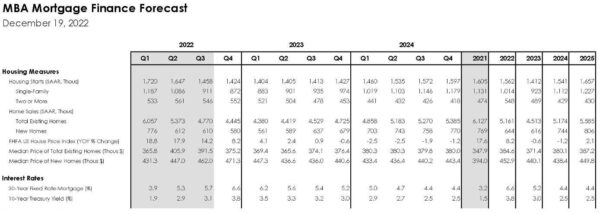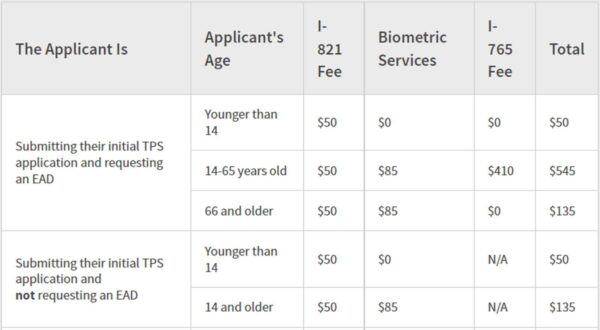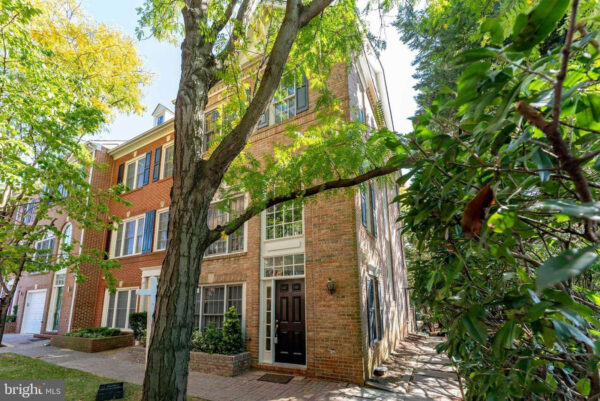This column is sponsored by BizLaunch, a division of Arlington Economic Development.
This is part of a series on how to sell to the Government. Upcoming pieces in this series will cover areas like contract vehicles, small business set-asides, unsolicited proposals and more. See more on Bidscale’s blog, BidBlogs.
By Bidscale Staff
Did you know that the U.S. Federal Government is the world’s largest purchaser of goods and services?
Yearly new contract spending has hit $680 billion. From spaceships that orbit the moon to ballpoint pens, those funds ensure the U.S. Government (USG) has everything it needs to run smoothly. That money can also change lives and invigorate communities. Large contracts and a steady customer can alter the trajectory of a business and provide jobs in economically disadvantaged areas.
The Federal Government understands the impact of its purchasing power and its ability to achieve socioeconomic goals. Every year it sets aside billions of dollars for small businesses, minority-owned companies, and more, though rarely, if ever, depletes all the funds.
If the money is there, why doesn’t every business sell to the Government? The short answer, it’s hard; it takes time and background knowledge. On average, a Government contractor goes through 18 months of researching, planning, developing, and defining before winning its first contract with the Department of Defense (DoD), the largest provider of Federal contracts. Many companies have to hire contracting experts to guide them through the process, a role that can cost upwards of $85,000 annually.
On the bright side, slowly but surely, more tools and resources have emerged to help guide businesses through this process. It’s a win-win; the Government gains access to innovative solutions and products, while businesses gain access to Government funding. So what do you need to know to get started?
First, a contract is how the USG buys products and services. It’s a legally binding agreement that allows a Government entity to purchase something for “the direct benefit and use of a Government agency.” These contracts are regulated by the Federal Acquisition Regulation (FAR), an essential but complex set of guidelines.
According to the General Services Administration (GSA), there are three steps a company must take to potentially win a contract. “Find available opportunities with the Government relevant to their business capabilities, make necessary preparations for bidding on a GSA contract, submit an offer.” This is the overarching approach to this process, but administrative steps must be taken before you can even start searching for available opportunities.
Step 1: Obtain a CAGE Code
Issued by the Defense Logistics Agency (DLA), a Commercial and Government Entity (CAGE) Code is a five-character ID number necessary when being awarded a contract by the Federal Government. It’s free to get and/or update this code and can be done online through the DLA. If you run into any roadblocks obtaining a CAGE Code, there’s an email contact ([email protected]) and or a number (877) 352-2255 that can be called for assistance.
It’s also possible to just register for SAM.gov and click “No” in the section regarding the CAGE Code, meaning your entity will be assigned a CAGE Code following the SAM.gov registration. There are some restrictions to this that the GSA has outlined.
Step 2: Register with SAM.gov
Now it’s time to register for SAM.gov or, The System for Award Management. It’s the official USA Federal contracting website and is free to use, and anyone can create a user account on SAM.gov. Except in rare circumstances, if you want to apply for federal awards as a prime awardee, you need a registration to bid on government contracts and apply for federal assistance.
It’s quite the process to sign up, but SAM.gov has an excellent FAQ page to assist with any roadblocks. The registration process with SAM.gov will also provide you with a Unique Entity ID (UEI) which has taken over for the DUNS Number. If you would like to read more about the transition, SAM.gov has posted extensively about it.
Step 3: Market Research
Market research is crucial before searching for opportunities. It’s a step you need to take upfront, but it’s also a step you will consistently need to come back to throughout your time selling to the Government. Competition for Government contracts can be tricky, so learning about the space and finding a niche is vital. Market research is an extensive topic. Check back with Bidscale’s blog, BidBlogs, as other parts of this series will be dedicated to market research.
Coming out of market research, you will want to start looking for opportunities. The Government signs millions of contracts each year, so finding a contract your company could fulfill can be daunting. Opportunity searches can be performed through SAM.gov, as it’s required that contracting officers post all opportunities on this website.
Another great tool that just hit the market is Bidscale Connect, which pulls all opportunities posted to SAM.gov and reposts them immediately. Unlike SAM.gov, Bidscale Connect uses an AI-powered search, which steadily hones in on users’ preferences as they use the platform, ensuring only relevant opportunities are pulled to the top of search results. It’s a streamlined way to search, ultimately saving users time, which can be used in the actual proposal writing process.
These basic steps will help your company start selling to the Federal Government, but there’s still plenty more you need to find success in this space.
To learn more about federal, state or local procurement opportunities, reach out to BizLaunch to schedule a BizLaunch consultation in the new year. Check back with Bidscale’s blog, BidBlogs, for upcoming posts covering market research, small business set-asides, small business tricks and tips, unsolicited proposals and more.




















